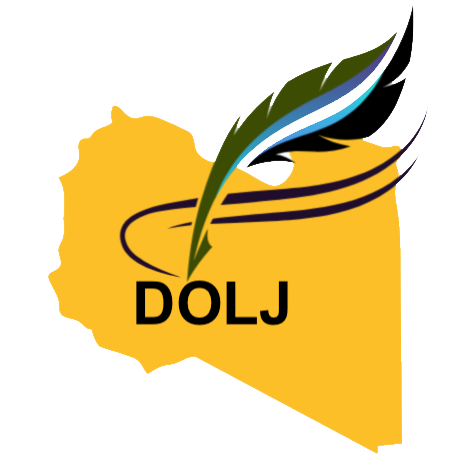Transmitting Sensory Experiences
DOI:
https://doi.org/10.54172/vapj0n35Keywords:
Poetry, sensory experiences, language of the senses, self-depth, interactionAbstract
This study aims to explore sensory experiences in poetry and study the language of the senses. The study examines the linguistic element in poetry, which is dual in terms of time and place, and analyzes the senses as a language. It focuses on the importance of the senses in human life and their impact on experiences and perception of the world around them. The study provides a comprehensive view of the importance of sensory language in poetry, as poetry is considered a creative medium that expresses sensory experiences and conveys them to the recipient. The study indicates that poetry is a hierarchical reference to sensory experiences, starting from the deepest depths of the self and transforming into clear and tangible expression in the poetic text. The language uses various means to express these experiences, including structures, rhythm, and different images. The meanings derived from words and their connotations are a means of expressing the poet's experience and are associated with an idea of active value that affects the recipient and stimulates their reaction. The study confirms that sensory language in poetry serves as a means of conveying the sensory experience from the poet to the recipient. Language acts as a mediator between the poet and the recipient, contributing to the interaction of the sensory experience and the multiplicity of experiences. These subsidiary means that emerge from language vary according to the poet's skills and knowledge of the art of speech. It is necessary for the recipient to acquire the ability to derive the meanings and symbols that the poet refers to in their poems, whether explicit or metaphorical.
Published
Issue
Section
License

This work is licensed under a Creative Commons Attribution-NonCommercial 4.0 International License.
Copyright of the articles Published by Almukhtar Journal of Social Science (MJSSc) is retained by the author(s), who grant MJSc a license to publish the article. Authors also grant any third party the right to use the article freely as long as its integrity is maintained and its original authors and cite MJSSc as the original publisher. Also, they accept the article remains published by the MJSSc website (except in the occasion of a retraction of the article).













